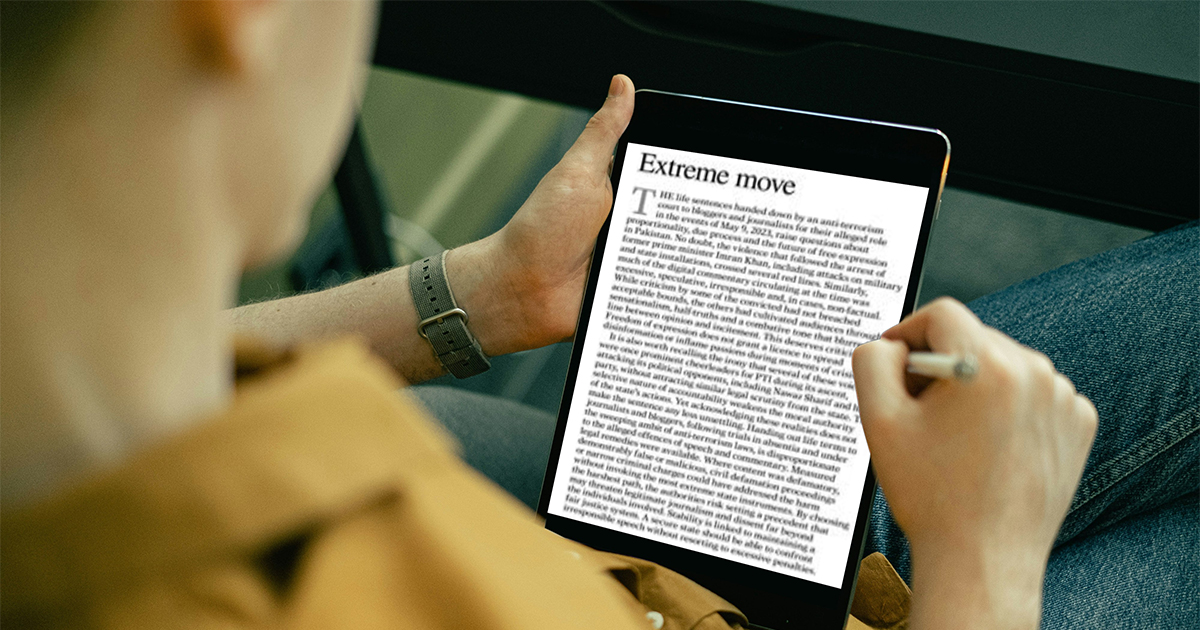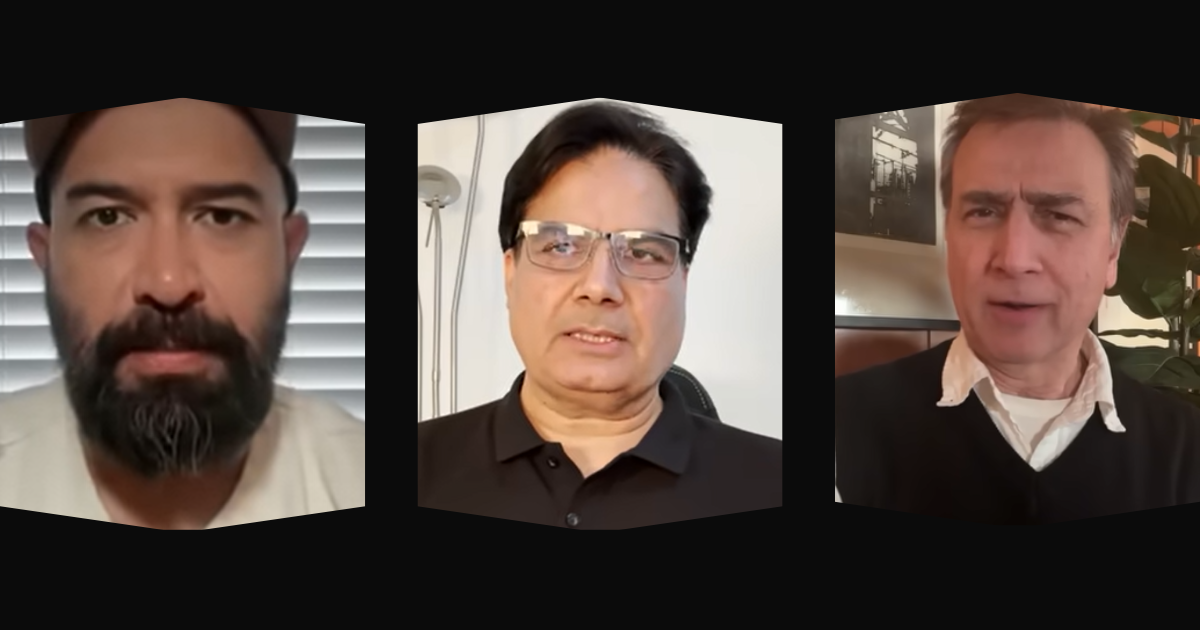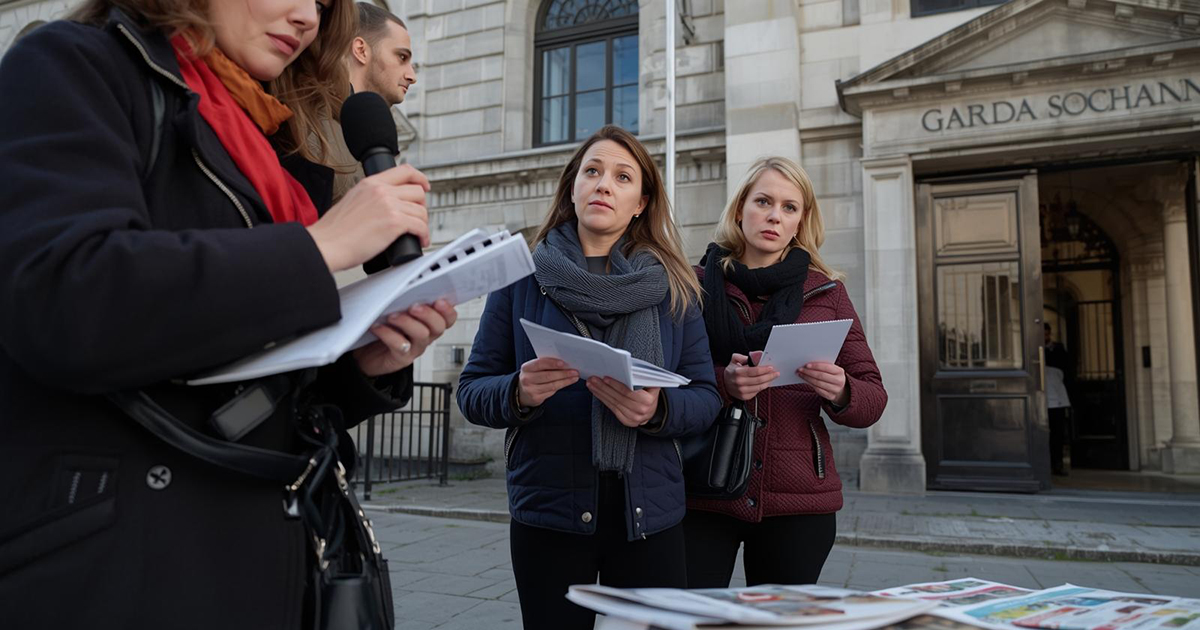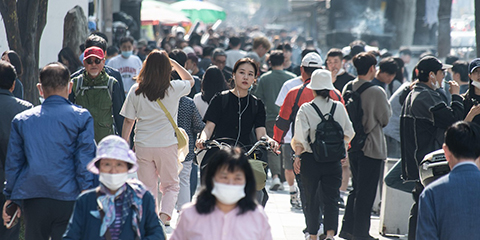CPJ to Pakistan authorities: stop intimidating the press
JournalismPakistan.com | Published: 26 May 2023
Join our WhatsApp channel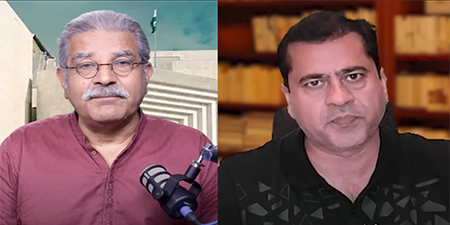
The Committee to Protect Journalists urges Pakistan to reveal the status of missing journalists Sami Abraham and Imran Riaz Khan. The situation escalates following a media crackdown amid political unrest.Summary
NEW YORK—Pakistan authorities must immediately reveal the whereabouts of journalists Sami Abraham and Imran Riaz Khan and stop intimidating the press as the country's political turmoil drags on, the Committee to Protect Journalists said Thursday.
At around 9 p.m. on Wednesday, May 24, between eight and ten men—some wearing uniforms—detained Abraham, president and anchor of BOL News, while he was going home from the privately owned broadcaster's office in Islamabad, according to newsreports and Raja Amir Abbas, the journalist's lawyer, who spoke with CPJ by phone.
Abraham's whereabouts remain unknown as of the evening of Thursday, May 25, Abbas said.
The whereabouts of BOL News anchor Imran Riaz Khan, who has been missing since May 11 following his arrest at Sialkot airport, also remain unknown as of Thursday evening, his lawyer Azhar Siddique told CPJ by phone.
Earlier in the day, police failed to present the journalist at the Lahore High Court for a fourth time since his arrest, and a senior Lahore police official told the court that the journalist was not in the custody of the Inter-Services Intelligence or Military Intelligence agencies.
"We are deeply disturbed by the disappearances of journalists Sami Abraham and Imran Riaz Khan amid a worsening media crackdown in Pakistan," said Beh Lih Yi, CPJ's Asia program coordinator. "Authorities must respect the rule of law and either present Abraham and Khan in court or immediately release them."
Journalists have been arrested, attacked, and surveilled after the May 9 arrest of former Prime Minister Imran Khan, also chair of the opposition Pakistan Tehreek-e-Insaf party, which led to nationwide protests.
Abraham and Imran Riaz Khan, who is not related to the former prime minister, frequently host PTI supporters on their talk shows and post pro-PTI content on their YouTube channels. Two Pakistani journalists who spoke to CPJ on condition of anonymity – citing fear of reprisal – said they believe the two anchors were targeted as part of the larger crackdown on the party.
Before his disappearance, Abraham posted a seriesofvideo reports on his YouTube channel, which has 850,000 subscribers, in support of former Prime Minister Khan and critical of the country's military establishment.
Abraham was returning home when four cars intercepted his vehicle, and the men forced Abraham out of the car and took him to an unknown location, according to Abbas and a police complaint by Ali Raza, Abraham's brother. They took Abraham's two mobile phones, car keys, and the driver's phone, but did not detain the driver.
In his complaint filed at Aabpara Police Station, Raza said the journalist had been "abducted."
Pakistani newspaper Dawn reported that unnamed sources said police had arrested Abraham. However, Islamabad police issued a statement on Twitter claiming they would waste no time in searching for Abraham and would fully cooperate with the journalist's family.
Also on Thursday, Abbas told CPJ that he had filed a petition at the Islamabad High Court requesting authorities present Abraham in court and divulge the grounds upon which he has been detained, adding that the next hearing will be held on Friday morning.
CPJ's calls and messages to Islamabad Police Inspector-General Akbar Nasir Khan and Information Minister Maryam Aurangzeb received no replies.
Usman Anwar, Inspector-General of the Punjab Police, told CPJ via messaging app that "all agencies were working on the case" of missing journalist Imran Riaz Khan and are "looking at all the angles."
"If someone is hiding on his own, it's quite difficult to find that person," Anwar said.—A CPJ News Alert
KEY POINTS:
- Sami Abraham and Imran Riaz Khan have gone missing amid media repression in Pakistan.
- Abraham was reportedly abducted by masked men while leaving work.
- CPJ demands immediate action from authorities to locate the missing journalists.
- The absence of both journalists raises concerns over press freedom in the country.
- Their disappearances are part of a broader crackdown on dissent following Imran Khan's arrest.







